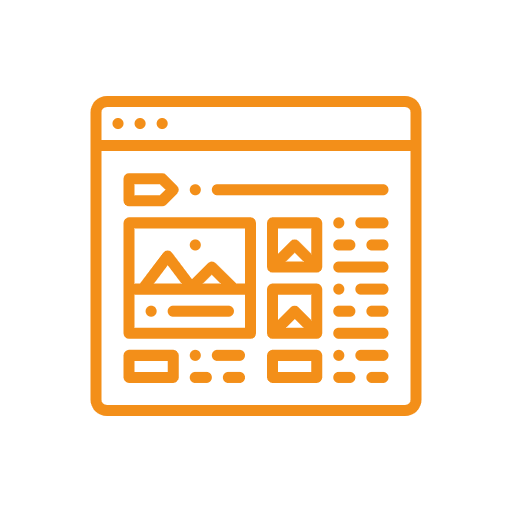Wayfinding @ SBE | Research Resources
Research Guidance & Tutorials
Visualizing the Research Journey

UF George A. Smathers Libraries & Gatorlink VPN
The first step in successful research and writing as a student at the University of Florida is learning how to access and utilize the extensive resources available through the George A. Smathers Libraries. The UF Campus Map includes a searchable layer that showcases the library locations where physical assets can be found. The UF Libraries homepage is the portal to a breadth and depth of digital assets curated from the around the world. When working from the UF campus, and many other Eduroam Universities in the U.S. and beyond, students should join the Wireless@UF network with their Gatorlink ID to gain full access to our digital assets. When working off campus, students should log into the Gatorlink Virtual Private Network (VPN) to access our institutional network infrastructure and assets. To learn about “how to best use the library website, access library resources, and contact subject specialist librarians,” we encourage you to visit the UF Libraries tutorials page.
Introduction to Library Research
The second step in your research journey is to review the basics of productive research. From getting started, to finding, differentiating, and evaluating sources, and ultimately citing and cross referencing them in your work, the Introduction to Library Research Guide offers a great gateway into the process. A handful of prominent search tools and resources are curated below. Remember, many of these resources are available for free when accessing these websites from the UF campus or when using the Gatorlink VPN.
- BuildingGreen
- Project Drawdown
- Gale in Context
- Google Scholar
- Our World in Data | SDG Tracker: Measuring Progress Towards the Sustainable Development Goals
- Regeneration
- ScienceDirect
- Taylor & Francis Group
- Web of Science
UF Subject Specialists & Library Guides
A meaningful third step in research at UF is to frame your interests, focus your efforts, and find support networks. Two of the most important support systems within the UF Libraries are the Subject Specialists and Library Guides. These resources offer students direct connections to the librarians and curated core resources affiliated with many of the most common academic fields and topical domains of interest to the UF community.
DCP Related Library Guides
The following DCP related Library Guides have been curated for the benefit of SBE students and faculty.
Additional Library Guides of Relevance to SBE
Beyond the DCP related Library Guides, other potential topics of interest are summarized in these additional Library Guides below.
Writing Guidance & Citation Management
Tips & Technical Support for Better Writing
The UF Writing Studio supports students and faculty at all levels through consultation, workshops, retreats, and resource sharing around the principles and practices of better writing techniques. Additional resources of value for both undergraduate and graduate writing, including the following linked buttons.
Citation Management
Scientific, academic, and professional best practices include the clear and comprehensive citation and cross referencing of original sources when supporting critically reasoned positions and claims. The UF Citation Management Guide provides an overview of some tools and technologies available to support your work. Within the SBE Program, we recommend that our students download, install, and use the Zotero citation management software. Embedded below is the Zotero Guide, which explains this free, third-party, open-source tool and the ways it can “help you to collect, organize, cite, and share your research.” One benefit of SBE students using this tool while at UF, is the ability to carry over your curated content and citation management skills into your post-collegiate careers by simply changing your Zotero account email affiliation from your @UFL Gatorlink address to your future professional email address.

Citation Styles

Depending on each course and instructor, students may be expected to use a variety of academic citation styles throughout their UF journey. Three of the most common academic citation style guidance and tutorial resources can be found at the following links. For SBE students, we generally suggest using the American Psychological Association (APA) Style within our courses and during the DCP 4290 SBE Senior Capstone course. However, each student’s selected mentor may prefer to work within a specific style familiar to them. Another benefit of citation management software, like Zotero, is that students can change their citation and bibliography styles with a few quick mouse clicks.
Artificial Intelligence (AI) in the Academy
As students consider additional forms of research and writing support, they are likely to consider large language models (LLMs) and related machine learning forms of artificial intelligence (AI). The use of LLMs and AI within the classroom, on assignments, and throughout your research is rapidly evolving and may vary by course and instructor. We encourage students to be diligent, think critically, and engage ethically as they explore these forms of research and writing support. When appropriately applied, they may help to streamline your workflow. One unique option available to UF faculty, students, and staff is the NaviGator AI system which can selectively use a variety of publicly available LLMs to explore your own datasets. To learn more about AI at UF, we encourage you to click the following button and and read the AI Library Guide embedded below.